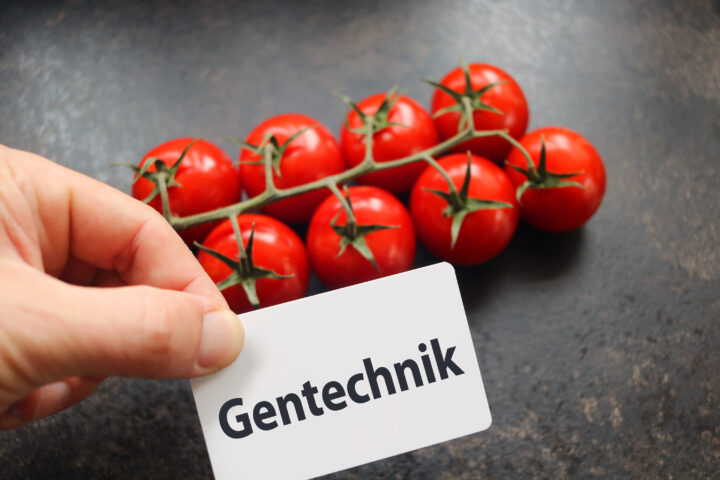
Sustainable intensification for a resilient food system
In a position paper, the German FDP calls for a reorientation of European agricultural policy. Instead of an extensification of agriculture, an “ecological intensification” should take place. The FDP relies on innovative technologies. New methods of plant breeding and more environmentally friendly pesticides should lead to higher productivity and at the same time relieve the burden on the environment. The demands can also be understood as criticism of the Green Deal.
Friday, March 11, 2022
In a special session, the Agriculture Committee of the German Bundestag discussed the current difficult situation on the global agricultural markets. Wheat prices hit a new high due to the war in Ukraine. Famine is to be expected in many regions of the world due to the rise in prices. As the online portal “nau.ch” writes, the parliamentary groups of the CDU/CSU and the German FDP have called for a reorientation of European agricultural policy against this background. The focus should therefore increasingly be on security of supply. In a position paper, the FDP calls for a long-term strategy that makes agriculture “more resilient, also with regard to food supply and its supply chains”.
Innovation instead of regression
A specific demand is the renunciation of fallow land or «closures». As part of the Green Deal, farmers should leave four percent of their land uncultivated. For the FDP, which wants to initiate more productive agriculture with its advances, this regulation is a thorn in the side. It calls for their complete renunciation. Likewise, the expansion of organic farming and a blanket reduction in synthetic pesticides are the wrong way to achieve greater food security. The FDP envisages “ecological intensification” – i.e. increased production that is not at the expense of the environment. Plants that have been bred using new breeding methods should help. With regard to plant protection, the FDP calls for an “innovation-friendly framework at EU and national level” in order to use improved active ingredients.
Sources
Related articles

Residue is not the same as residue
Painkillers like Voltaren are a blessing for us – yet in our rivers they can harm fish. If these were crop protection products, calls for bans would be immediate. It becomes clear that we are applying double standards.

ARTE documentary: Genetic engineering in organic farming?
The ARTE documentary “Genetic engineering in organic farming?” examines key controversial questions of modern agriculture: Is the general exclusion of new breeding technologies still up to date? Can the resistance of organic farming be justified scientifically?

The Great Suffering of Farmers
Fire blight, Japanese beetles, or grapevine yellows – farmers in Valais, too, are increasingly feeling helpless in the face of the threats posed by nature. More and more often, they lack the means to effectively protect their crops. This makes it all the more important for the Federal Council to place a pragmatic balancing of interests at the forefront when setting threshold values.

'Tomatoes on your eyes'
The submitted “Food Protection Initiative” calls for “GMO-free food.” Leaving aside this illusory demand, its adoption would mean more bureaucracy, more trade barriers, and less innovation. The Swiss Farmers’ Union describes the proposal as “unnecessary” and warns of a setback to the goal of achieving an even more sustainable agriculture.

